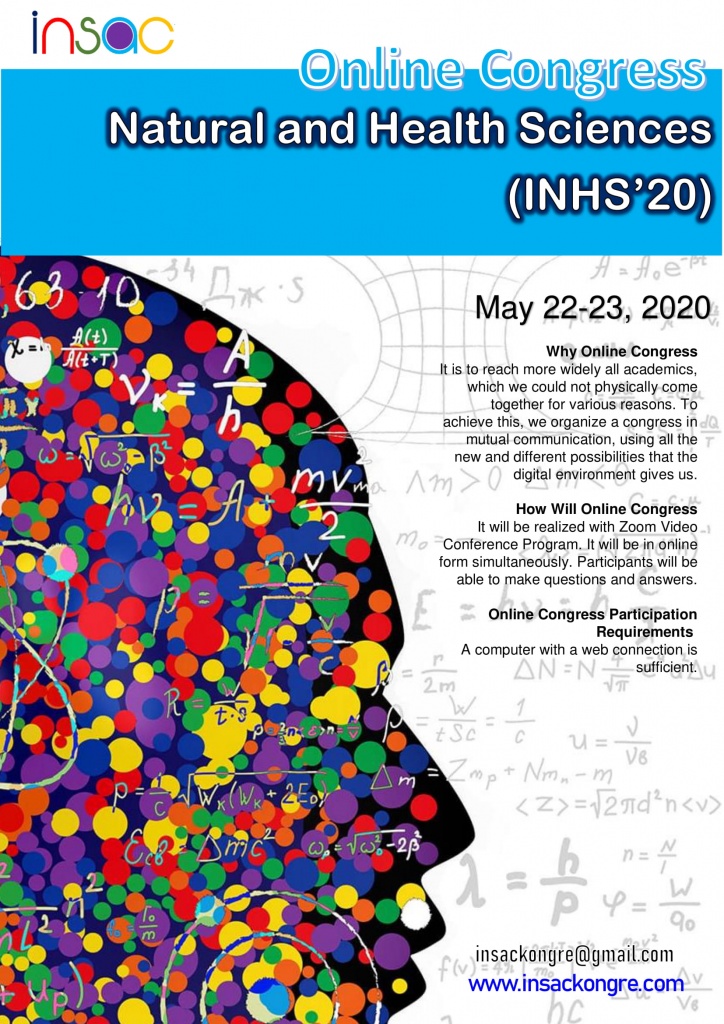From this post, you will learn about ten work from home jobs that let you avoid visiting an office. Change career or pick something as an addition to a regular job!
10 Best Work From Home Jobs
Due to various reasons, many people start thinking about remote jobs to be done from home. Nowadays, this issue has gone critical. Let’s find out what careers are pleasant and comfortable enough to make your stay at home.
1. Writing
Being a writer is the first option to recall when it comes to work-at-home jobs. With enough creativity and a good command of the language, you can build a good career. You can become:
- A copywriter writing content for various websites;
- A writer at a top paper writing service, if you are OK with academic writing;
- A content-manager that supports and runs websites and applications;
- A freelance ghostwriter for a publishing company.
The list can be as long as you can imagine. Good writers need only a laptop and a cozy place to sit and think.
2. Customer Support Representative
It is a bit nervous but an exciting position. People who know how to communicate are likely to succeed. Nowadays, it requires nothing but online communication applications and thorough knowledge of the company’s products. Lots of companies support their customers remotely and even hold offices in a distant country.
3. Remote Accountant
Lots of businesses today look for the outsourced accountants. If you are good with the sphere of finance and know the technology, you can easily find a position with excellent salary and career perspectives.
4. Graphic Designer
This position is ideal for creative people. It allows you to work remotely as well. All you need to have is a graphic tablet, laptop, and the internet. At the same time, it is an excellent way to turn your hobby into income. Another plus of this position is its project orientation: you are not likely to face part-time or full-time jobs, but deadlines and minimal management interference.
5. Teacher
Turn your knowledge into business. You can find lots of companies suggesting online lessons. With an excellent diploma and ability to work with people, you can become an excellent tutor.
6. SMM Specialist
It is a combination of the common creative writing and communicativeness. Today, you cannot find a brand without a page on social media. Many companies hire people working with their SM accounts remotely. If you are a Facebook or Twitter geek, you will find your employer.
7. Manicure Specialist
According to the statistics, cheap and homemade beauty services are not less popular than typical beauty shops. Such positions include passing a specialized course, passion for the job, and getting some equipment. As soon as you get famous, you can build a stable income.
8. Photographer
Become a hired photographer or camera operator or sell your photos at a stock service. You’ll need a good camera, a bit of creativity, some camera mastery, and Photoshop knowledge.
9. Blogger or Stream Model
If you are bursting with charisma, get yourself a camera and run your video blog. Do everything you want: play games, speak with subscribers, or tell people stories. With a large number of donation services and advertising integrations, you can become a wealthy person.
10. Tester
It is an employee who runs the company’s product to find errors and bugs. None self-respecting company will do without testers. To run this position, you need to pass the courses and have a good PC.
As you can see, you can pick a remote job and succeed almost in every sphere, from cooking to engineering. With a bit of luck and creativity, you can bend the system.


